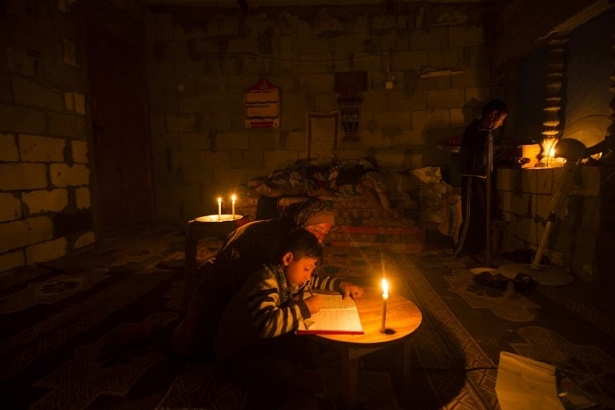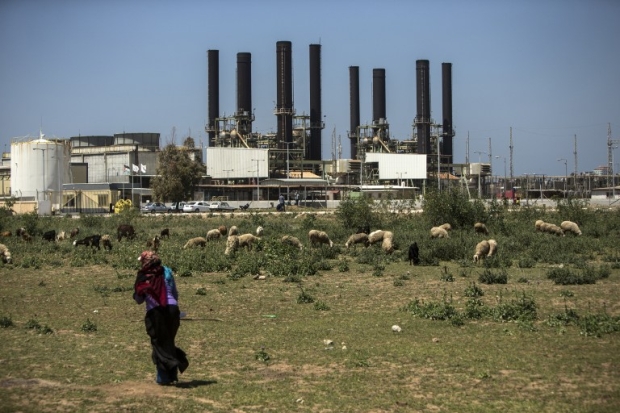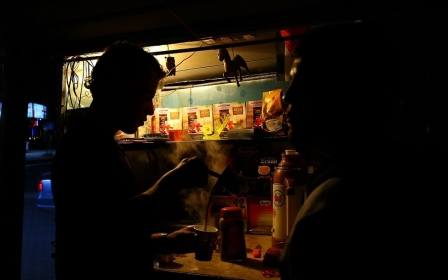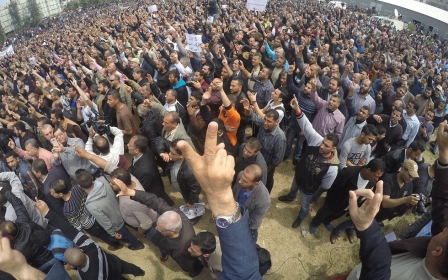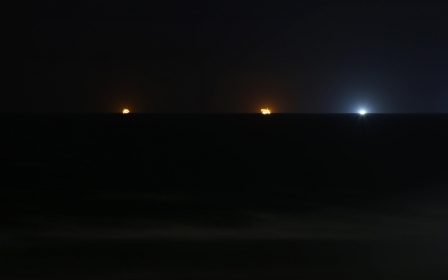Gaza power crisis: The Palestinian Authority is adding to people's misery
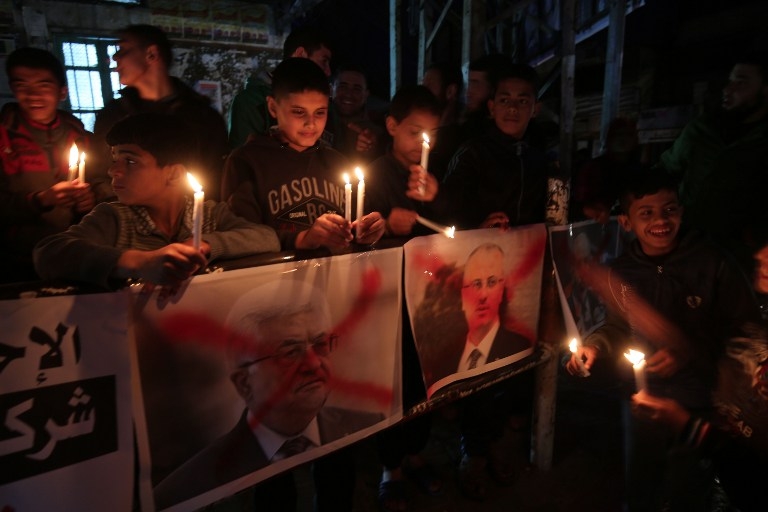
Last week's announcement by the Palestinian Authority (PA) that it would no longer pay Israel for the electricity it supplies to the Gaza Strip is as inhumane as it is misguided and self-defeating.
The decision comes in the context of the feud between the PA and Hamas, which governs Gaza. Israel deals with the PA on electrical and fuel supplies because it does not engage with Hamas.
The move is part of the PA's recently ramped up efforts to apply financial pressure on Hamas to weaken its grip on the territory (direct force has not been a viable option since Hamas routed the PA from Gaza a decade ago).
Weeks prior, the PA slashed the salaries of its 60,000 civil servants in Gaza - but not the West Bank - by 30 percent. These civil servants "are one of the mainstays of Gaza's struggling economy," reported Al Jazeera English.
Collective punishment
The timing of the decision to halt electricity payments may have been spurred by PA President Mahmoud Abbas' meeting this week with US President Donald Trump. Abbas may feel that Trump's stated willingness to designate the Muslim Brotherhood – of which Hamas is an offshoot (although it declared its independence from the Brotherhood this week) – as a terrorist organisation could be indicative of increased US hostility toward Hamas, emboldening Abbas to harden his stance.
The PA's aim, if not to force Hamas to make significant concessions, is to foment unrest in Gaza
The PA's aim, if not to force Hamas to make significant concessions, is to foment unrest in Gaza, where protests broke out in January over power cuts. However, increased anger among Gazans is likely to be directed more at the PA for using them as pawns in its rivalry with Hamas. Indeed, they will see the PA's move for what it is: collective punishment, with dire potential ramifications.
"The move could lead to a complete power shutdown in the territory whose two million people already endure blackouts for much of the day," Middle East Eye reported.
It "has become the norm" for Gazans to have as little as four hours of electricity per day, the World Bank said, adding that the power cuts and the blockade of Gaza have "created a humanitarian crisis".
On the back of Palestinian suffering
The PA has now joined Israel and Egypt in collectively punishing the people of Gaza because of enmity toward Hamas, whose governance of the territory its inhabitants have no say in because the factional rivalry killed off Palestinian democracy long ago. Hamas last won elections in 2006, which Gazans have been punished for ever since.
It is a national shame that the PA is choosing to add to Gaza's plight in the very year that marks a decade since Israel imposed its land, air and sea blockade
What makes the PA's collective punishment particularly grotesque compared to measures imposed by Gaza's neighbours is that it is being carried out by the very institution that claims to represent them and have their best interests at heart.
Moreover, it is a national shame that the PA is choosing to add to Gaza's plight in the very year that marks a decade since Israel imposed its land, air and sea blockade. This is a blinkered, treacherous attempt by the PA to bolster its own position on the back of Palestinian suffering.
► READ: Gazans stare into the abyss after West Bank imposes pay cut
Instead of forcing Hamas to make concessions to the PA, the halt in electricity payments has elicited defiance from Hamas, which described the move as "a grave escalation and an act of madness".
Careful what you wish for
It will undoubtedly hurt the already slim prospect of national reconciliation. And it is indeed madness for the PA to think that Gazans would welcome it back with open arms after being a direct party to their misery, particularly given that prior to this latest development, Abbas was even more unpopular in Gaza than he was in the West Bank, according to opinion polls.
Coming days before Hamas unveiled a new "reference" document in an attempt to present a softer, more pragmatic image internationally, Abbas' domestic standing is likely to suffer further.
But even if Hamas' hold on Gaza was to crumble, it is naive to assume that the PA would easily fill the void. It has had no presence there for 10 years, and extremist elements such as the Islamic State, which has openly threatened Hamas' authority in Gaza, have recently established a foothold there and carried out attacks against Hamas and other targets in the territory.
In their zeal to see Hamas' downfall, Israel, the PA and Egypt should be careful what they wish for, having bred an environment that could see it replaced by something far more unpalatable. But then it is not they, but the people of Gaza, who will pay the highest price in this cynical game.
- Sharif Nashashibi is an award-winning journalist and analyst on Arab affairs. He is a regular contributor to Al Arabiya News, Al Jazeera English, The National, and The Middle East magazine. In 2008, he received an award from the International Media Council "for both facilitating and producing consistently balanced reporting" on the Middle East.
The views expressed in this article belong to the author and do not necessarily reflect the editorial policy of Middle East Eye.
Photo: Young Palestinians display crossed-out portraits of Palestinian leader Mahmoud Abbas and prime minister Rami Hamdallah during a protest against the Israeli blockade of the Gaza Strip on 14 April 2017 in Rafah.
New MEE newsletter: Jerusalem Dispatch
Sign up to get the latest insights and analysis on Israel-Palestine, alongside Turkey Unpacked and other MEE newsletters
Middle East Eye delivers independent and unrivalled coverage and analysis of the Middle East, North Africa and beyond. To learn more about republishing this content and the associated fees, please fill out this form. More about MEE can be found here.



